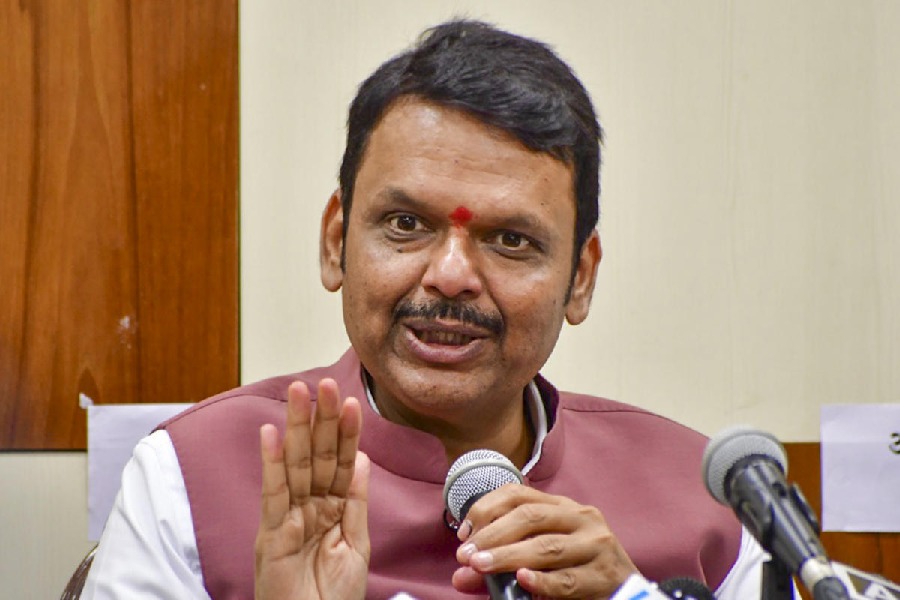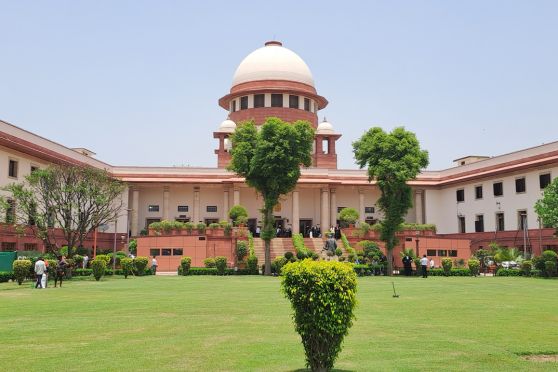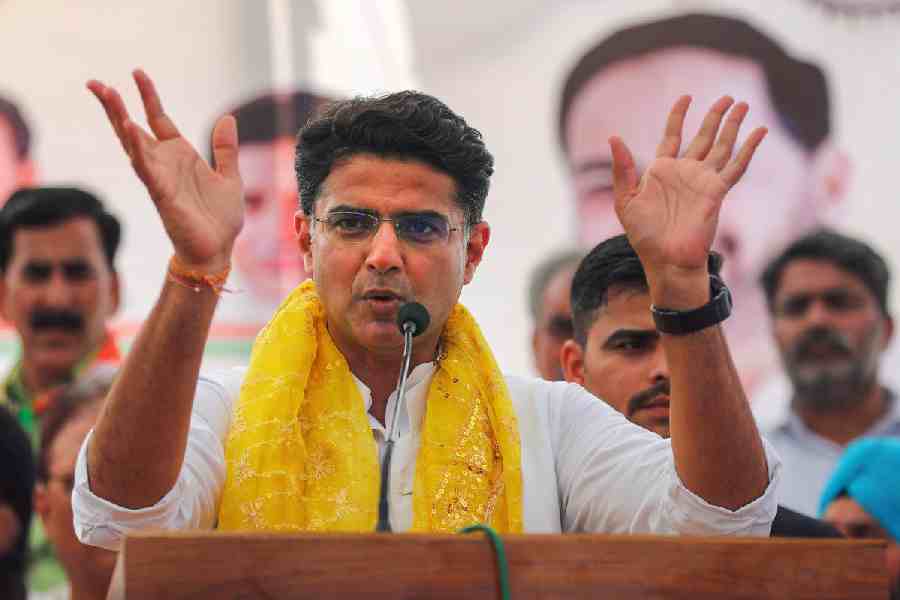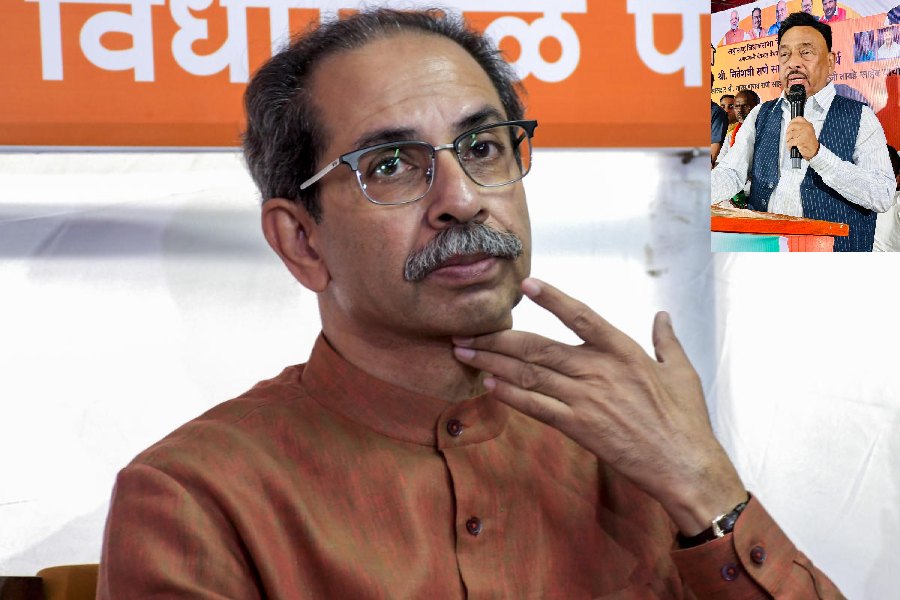Indian health officials have proposed a “smart vaccination” campaign to stop the Covid-19 epidemic by immunising only select groups and leaving others unvaccinated, a strategy some experts have criticised as worrying and not adequately backed by science.
The experts say the strategy appears focused on the public health goal of controlling the epidemic and deviates from the key principle of universal immunisation that Prime Minister Narendra Modi had affirmed earlier: “No person should be left behind.”
Besides, some of the experts have argued, the current level of scientific knowledge about the infection does not justify any group being marked as less or more prone to transmit the disease.
Some health researchers have also expressed concern that while countries such as America, Britain and Canada have made advance purchases of vaccines to cover their entire populations, India’s “smart vaccination” plan appears designed to limit the distribution of vaccines.
The Centre has since July signalled that healthcare workers and other vulnerable groups will receive the vaccines on priority. The Union health ministry announced in October that it hoped to vaccinate 25 crore people from such vulnerable groups by July 2021.
The “smart vaccination” plan seeks to couple this goal of vaccinating priority groups with public health considerations to try and control the epidemic without having to vaccinate the entire population, Balram Bhargava, director-general of the Indian Council of Medical Research, told The Telegraph.
A parliamentary panel’s report on India’s response to Covid-19 outlines the “smart vaccination” plan, citing Bhargava who had briefed the panel six weeks ago. The plan assumes that the population can be categorised into three groups — core, bridge and general.
“Once the core group is vaccinated, there is least chance of spread of the disease and there would not be a requirement for vaccinating (the) whole population,” the report said, citing Bhargava.
“With preventive measures such as wearing masks and through smart vaccination, the (epidemic) can be contained without vaccinating the entire population.”
Experts say the plan seems to assume that once healthcare workers, non-medical frontline workers and other vulnerable groups are vaccinated, they will be protected and therefore unable to spread the infection to their contacts.
“When we vaccinate priority groups, we achieve three objectives,” said Samiran Panda, chief of the epidemiology division at the ICMR, the apex health research agency.
“We protect healthcare workers and others who are at high risk of infection because of occupational vulnerability; we protect the elderly and those with underlying illnesses because they are at risk of severe disease and deaths. Once vaccinated, they all block transmission,” Panda said.
But the proposal to define a core group within the population to guide vaccination has surprised some researchers. They say there isn’t enough evidence from either epidemiology or surveillance within the country to clearly make such population demarcations.
“We still don’t know who transmits how much. Without such high-granularity information, it is hard to predict who should be in the core group,” said Gagandeep Kang, senior microbiologist at the Christian Medical College, Vellore, and a vaccine science specialist.
“The selection of the priority groups such as healthcare workers and elderly is entirely based on the need to protect them from the infection – not to block transmission. I worry that we don’t know enough to decide on a concrete plan to categorise people.”
Medical experts say that while the assumption that the epidemic can be controlled by vaccinating select groups might be grounded in public health, the end of the epidemic does not mean vaccines are no longer needed.
Infectious disease specialists have predicted that the Covid-19 epidemic will stop through a phenomenon they call herd immunity when around 60 per cent of the population is protected through immune responses generated by either vaccines or natural infections.
But they caution that the virus will not disappear and that infections, severe disease and deaths will continue.
“Suppose, the government vaccinates about 30 per cent of the population and the epidemic itself infected (another) 30 per cent of the population – we have 60 per cent protected,” said Santanu Tripathi, head of clinical pharmacology at the Calcutta School of Tropical Medicine.
“Even after that point, vaccines will be needed to protect all individuals. The rest of the population should be vaccinated for their individual protection.”
Modi, while chairing a review meeting on vaccines on June 30, had underlined that India’s Covid-19 vaccination campaign, while starting with the priority groups, should seek to be universal with no one left out.
Some experts contrasted India’s smart vaccination plan with the advance purchases of vaccines by other countries.
“The governments in those countries are afraid of people’s reactions -- healthcare is a strong political issue there,” said Amar Jesani, a physician and medical ethics expert.
“Here, people are gullible.”











